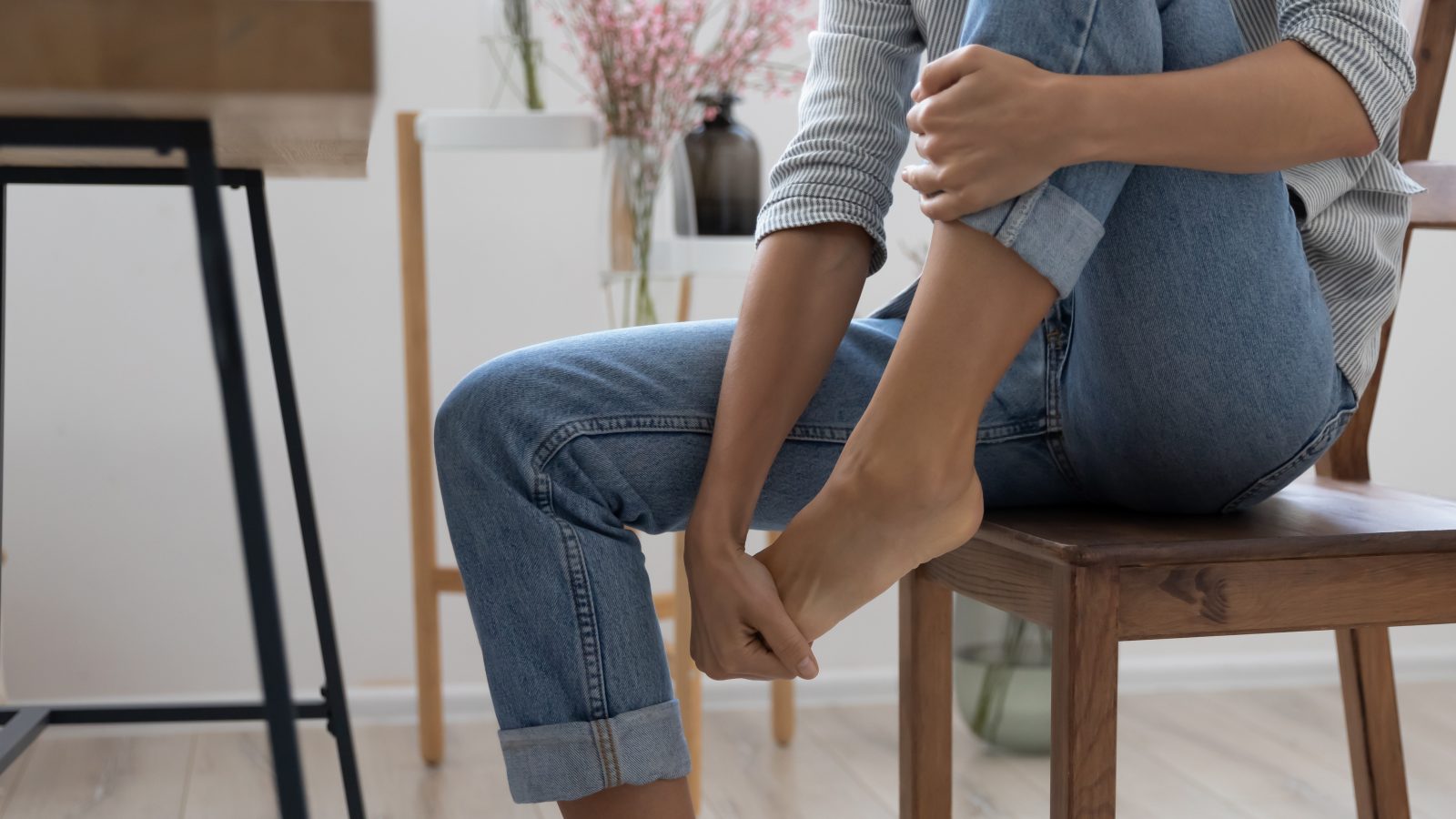I’m pretty sure it was a coincidence: I was getting ready to write this week’s Shabbat message on Parashat Matot-Masei and the symbolism of the cities of refuge. On my way to the computer, however, my toe caught the corner of the desk. Ow! And, just as much as my throbbing toe took my attention away from my task, the little voice in my head stole even more. “You should have been paying more attention,” “You’re such a klutz,” “If you weren’t so careless you wouldn’t get hurt.” The voice of judgment and insecurity was suddenly yelling and going out of its way to hurt me far worse than the pain in my toe.
I know my experience is not a unique one. Each of us has stubbed our toes. Each of us battles the voices in our heads. But when those voices become the only narrative we hear, it becomes a nearly impossible battle to escape. And I’m sure it didn’t help that while I was calling myself names in my head, I was thinking about the individuals fleeing to the cities of refuge in the Torah. The Torah describes the situation: due to an accident caused by one person, someone else was killed. The family of the deceased has the right to seek vengeance on the manslaughterer and is allowed to pursue them to their death. Until or unless the manslaughterer reaches one of the six cities of refuge where they are protected from vengeance. This person, who unintentionally took the life of another, one of the most terrible consequences imaginable, has a way to seek safety from the forces that seek to do them harm. Yet somehow, when I do something as insignificant as stubbing my toe, there’s no hiding from the negativity that chases me down.
Both situations, both accidents, speak to the imperfection of human beings. Even if every movement and gesture were conscious and deliberate, we would still make mistakes. Even with the best of intentions, we occasionally cause harm. But for some reason, it is far easier for us to understand and empathize with the mistakes of others than with ourselves. Collective wisdom says we are our own harshest critics, and sometimes it goes beyond criticism. We become our own most vengeful assailants.
What would it be like if we could establish a “city of refuge” from ourselves? How might our lives be different if there were something we could do that would protect us from our inner foes? How do we delay and distract those inner voices so that we might find our way to self-compassion, self-awareness, and even self-forgiveness? Just as the cities of refuge in the Torah offered sanctuary and a chance for reflection and growth, we need to create a similar space within ourselves. Methods to keep us from constantly berating ourselves for our accidental actions, and instead teach us to forgive ourselves and use these experiences as inspiration for personal transformation.
In the eternal struggle and journey away from our self-criticism we work to recognize that forgiveness does not mean forgetting or dismissing our actions. Rather, it means allowing ourselves to be human, to be imperfect, and to acknowledge that we grow from that imperfection. Each of us develops that understanding in different ways. Some might have a mantra that they use to drown out negativity. Some rely on external support from family, friends, or mental health professionals. Some seek out experiences where they feel successful or experiences where they feel inspired, or even experiences that challenge them in manageable ways. Whatever the method, whether intentionally or not, we do these actions to create cities of refuge for ourselves and develop a practice of self-forgiveness.
Self-forgiveness allows us to cultivate self-love, self-compassion, and ultimately, a healthier relationship with ourselves and our inner voices. This week’s Torah portion helps us to remember that accidents are a part of the human experience. We must take responsibility for our actions and seek forgiveness from ourselves just as much as seeking forgiveness from others. By doing so, we can heal, grow, and embrace the journey toward becoming our best selves.

